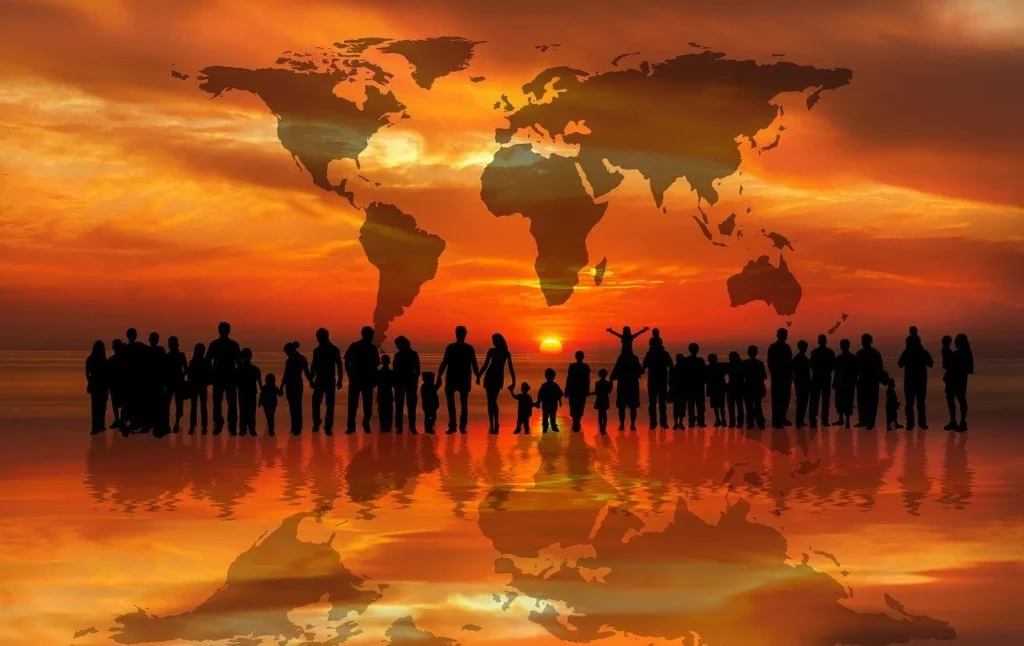The Future of Artificial Intelligence: Opportunities and Risks
Artificial Intelligence (AI) has rapidly evolved from a concept of science fiction to an integral part of our daily lives. As AI technology continues to advance, it presents numerous opportunities across various sectors while also posing significant risks that need to be carefully managed. In this blog post, we will explore the future of AI, its potential benefits, and the challenges it brings. Opportunities of AI AI systems can process vast amounts of data quickly and accurately, leading to increased efficiency and productivity in various industries. For example, AI-powered automation can streamline manufacturing processes, reducing the time and cost associated with production. In the financial sector, AI algorithms can analyze market trends and make investment decisions in seconds, outperforming human capabilities. AI enables highly personalized user experiences. In the realm of e-commerce, AI can analyze customer behavior and preferences to provide tailored product recommendations, enhancing customer satisfaction and boosting sales. Similarly, in healthcare, AI can personalize treatment plans based on an individual’s genetic makeup and medical history, leading to more effective healthcare outcomes. AI is revolutionizing healthcare by improving diagnostics, treatment, and patient care. AI algorithms can analyze medical images with remarkable accuracy, aiding in the early detection of diseases such as cancer. Additionally, AI-driven predictive analytics can identify potential health issues before they become critical, enabling preventative measures. Robotic surgeries, guided by AI, offer precision and reduced recovery times. AI provides businesses and governments with valuable insights derived from data analysis, facilitating better decision-making. For instance, AI can help urban planners design smarter cities by optimizing traffic flow and energy usage. In agriculture, AI can analyze soil and weather conditions to recommend optimal planting times and crop choices, improving yield and sustainability. AI is a catalyst for innovation, driving the development of new industries and business models. Autonomous vehicles, for example, rely heavily on AI technology for navigation and safety. The entertainment industry is also leveraging AI to create immersive experiences, such as AI-generated music and virtual reality environments. Risks of AI One of the most significant concerns surrounding AI is the potential for job displacement. As AI systems become capable of performing tasks traditionally done by humans, there is a risk of widespread unemployment, particularly in industries reliant on manual labor and routine tasks. It is crucial to develop strategies for workforce retraining and upskilling to mitigate this impact. AI systems are only as good as the data they are trained on. If the training data contains biases, the AI can perpetuate and even amplify these biases, leading to unfair and discriminatory outcomes. Ensuring that AI is developed and deployed in a fair and unbiased manner is a critical challenge that requires ongoing vigilance and ethical considerations. The widespread use of AI involves the collection and analysis of vast amounts of personal data, raising significant privacy and security concerns. There is a risk of data breaches and unauthorized use of personal information, which can have severe consequences for individuals and organizations. Robust data protection measures and regulations are essential to address these risks. As AI systems become more autonomous, there are concerns about the loss of human control. Autonomous weapons, for example, pose a significant threat if they operate without adequate human oversight. Establishing clear guidelines and regulations for the development and use of autonomous AI systems is crucial to ensure they operate safely and ethically. The integration of AI into society raises numerous ethical and moral questions. For instance, decisions made by AI in critical areas such as healthcare and criminal justice can have profound implications for human lives. It is essential to establish ethical frameworks that guide the development and deployment of AI, ensuring that it aligns with societal values and human rights. Balancing Opportunities and Risks The future of AI holds immense potential for innovation and progress, but it also requires careful management of the associated risks. Policymakers, industry leaders, and researchers must collaborate to develop frameworks that promote the responsible use of AI. This includes investing in AI education and training, establishing robust ethical guidelines, and creating regulatory environments that foster innovation while protecting societal interests.





